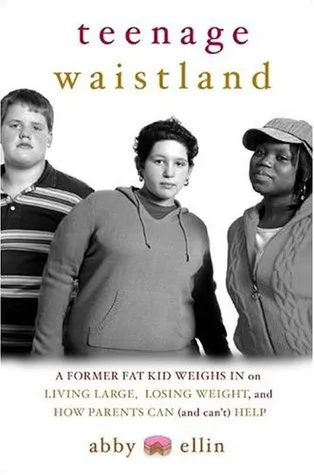Teenage Waistland: A Former Fat Kid Weighs In on Living Large, Losing Weight, and How Parents Can (and Can't) Help
By (author): "Abby Ellin"
Publish Date:
June 13th 2005

ISBN1586482289
ISBN139781586482282
AsinTeenage Waistland: A Former Fat Kid Weighs In on Living Large, Losing Weight, and How Parents Can (and Can't) Help
Original titleTeenage Waistland: A Former Fat Kid Weighs In on Living Large, Losing Weight, and How Parents Can (and Can't) Help
We've been inundated lately with books and articles about childhood obesity. Most offer cultural critique or nutrition and exercise advice — in tones that are alternately appalled and patronizing. Few address the psychological, medical, cultural and developmental complexities affecting overweight kids. The truth is, many parents already know that Whoppers are fattening. What they don't know is how to effectively help an often discouraged, often reluctant kid on what will be a difficult, life-long journey. Abby Ellin, a journalist and former fat-camper whose parents' attempts to "save her" from fatness proved counterproductive, has had a lifelong interest in figuring out how they might have done it better, and an abiding compassion for overweight kids. In Teenage Waistland she shares the story of her own adolescent struggle with food and weight, and journeys with hope, skepticism, and humor through the landscape of today's diet culture. She visits camps and community programs, and talks to experts, kids and their parents, seeking to answer these questions: What can parents say that kids will hear? Why don't kids exercise more and eat less when they're dying to be thinner? What treatment methods actually work? Willpower, or surrender? Shame, or inspiration?Teenage Waistland is ultimately clarifying and provocative for anyone who's ever wrestled with weight issues. One size does not fit all when it comes to weight loss, and the better we understand that, the more likely we are to be able to help our kids.